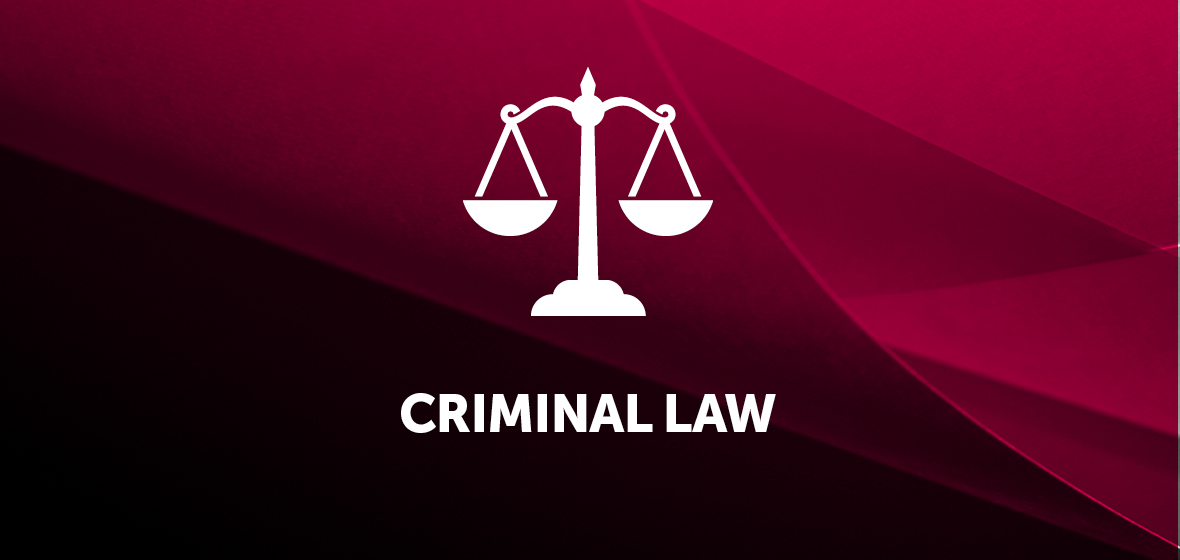Key decisions
- McKinley v R [2022] NSWCCA 14
- Darcy v R [2022] NSWCCA 54
McKinley v R [2022] NSWCCA 14
Sentencing – ‘Ellis’ discount – arithmetic approaches to sentencing
In this decision the Court of Criminal Appeal (‘CCA’) upheld the appeal on the basis that the ‘Ellis’ discount given to the offender for disclosing previously unknown offending was insufficient. The decision seems to update, to some extent, previous authority which had purported to set arithmetical upper limits within which this kind of discount could fall.
The applicant pleaded guilty to five property offences: armed robbery, two break and enter offences, larceny, and taking and driving a car. There were also two offences taken into account on a Form 1. The offending came to light after he had been arrested for other, unrelated offending and the applicant told police he wanted to disclose his earlier misconduct. He also disclosed some other information surrounding the offences.
In accordance with the decision of R v Ellis (1986) 6 NSWLR 603 (‘Ellis’), at sentence he sought a discount for the voluntary disclosure of unknown criminal offending. Having pleaded guilty in the Local Court (for which he was entitled to a discount of 25%), he received a combined discount between 35 and 40% – being an additional ‘Ellis discount’ of between 10 and 15% for each of the offences. He appealed on grounds alleging the Ellis discount allowed by the sentencing judge was insufficient.
Rothman J (with whom Macfarlan JA and Dhanji J agreed) observed that in each of the instances to which he pleaded guilty, whilst the police had started an investigation, they were unaware of the identity of the offenders. Consistent with the decision in Ellis, the applicant was entitled to a significant added element of leniency for his voluntary disclosure of involvement in serious crimes of which the police had no knowledge (at [36]-[37]).


